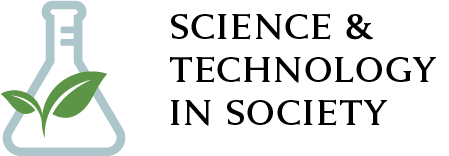Semester:
Offered:
Could we have been better prepared to mitigate the inequitable impact of COVID-19 in the US and globally had we learned the social injustice lessons from previous pandemics and epidemics of the diseases we will study?

Amazing scientific and public health advances have transformed our understanding, prevention, and treatment of infectious diseases—discoveries so profound that they were unimaginable even a generation ago. Yet the global burden of infections remains prodigious, disproportionately affecting low-income countries and vulnerable populations in the United States and other developed economies. The COVID-19 pandemic has laid bare these stark inequities. This course prepares students to understand and mitigate the impact of current and future infectious diseases and pandemics through the study of major infections, including COVID-19, cholera, malaria, tuberculosis, syphilis, smallpox, polio, yellow fever, and plague. We provide sufficient clinical, biological, and epidemiological background for students to understand why these infections have had such dramatic effects and how they can be controlled. Rather than merely reciting grim statistics and body counts, we illustrate their impact through the lenses of history, literature, film, and drama. We celebrate how these infections have stimulated revolutionary scientific advances, but also explore the darker side of the story. Advances in prevention and treatment have left large segments of the global population behind. Under the veneer of stunning progress lie the realities of stigmatization, bias, exclusion, shameful human experimentation, and social injustice. The COVID-19 pandemic vividly illustrates these historical lessons.